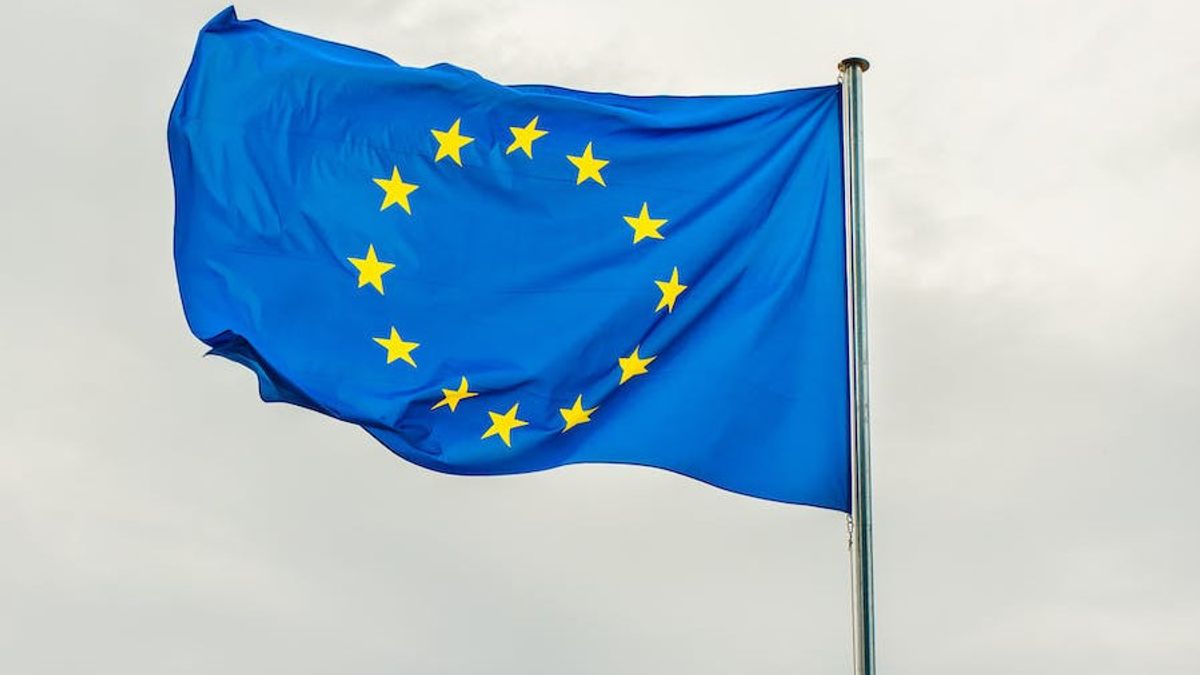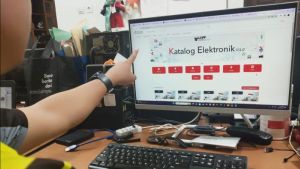JAKARTA - A number of companies and tech groups on Thursday, November 23 warned the European Union against over-regulating artificial intelligence systems known as foundation models in upcoming artificial intelligence regulations. This could kill newly-developed start-ups or push them out of the region.
The proposal comes as EU member states and EU legislators enter the final stages of negotiating rules that could set standards for other countries.
One of the biggest disputes is the foundation model, such as OpenAI's ChatGPT, which is an artificial intelligence system trained on large data sets, with the ability to learn from new data to perform various tasks.
"In order for Europe to become a global digital power, we need companies that can lead AI innovations to also use foundation models and GPAI," said DigitalEurope, whose members include Airbus, Apple, Ericsson, Google, LSE, and SAP, in a letter.
"As representatives of the European digital industry, we see great opportunities in the foundation models, and new innovative players who appear in this space, many of them were born in Europe. Let's not set them up until they don't have the opportunity to thrive, or force them to leave," the letter said.
VOIR éGALEMENT:
Thirty-two European digital associations also signed the letter. GPAI refers to public use artificial intelligence.
The signatories, who say only 3% of the world's AI unicorns are from the European Union, support a joint proposal of France, Germany, and Italy to limit AI regulatory coverage for foundation models to transparency requirements.
They also said the wide scope of existing AI rules could clash with existing legislation in certain sectors such as health.
"We are increasingly frustrated by what we see as a lack of interest in the effects on the medical sector. Our impression is that people no longer care about content, they just want to solve it. We are just a colateral breakdown," said Georgina Prodhan spokesman at Siemens Healthmakers.
The companies also refused calls from the creative industry for AI regulations to deal with copyright issues.
"The European Union's comprehensive protection and copyright enforcement framework already contains provisions that can help address AI-related copyright issues, such as exemptions from text mining and appropriate data," they said.
The English, Chinese, Japanese, Arabic, and French versions are automatically generated by the AI. So there may still be inaccuracies in translating, please always see Indonesian as our main language. (system supported by DigitalSiber.id)


















